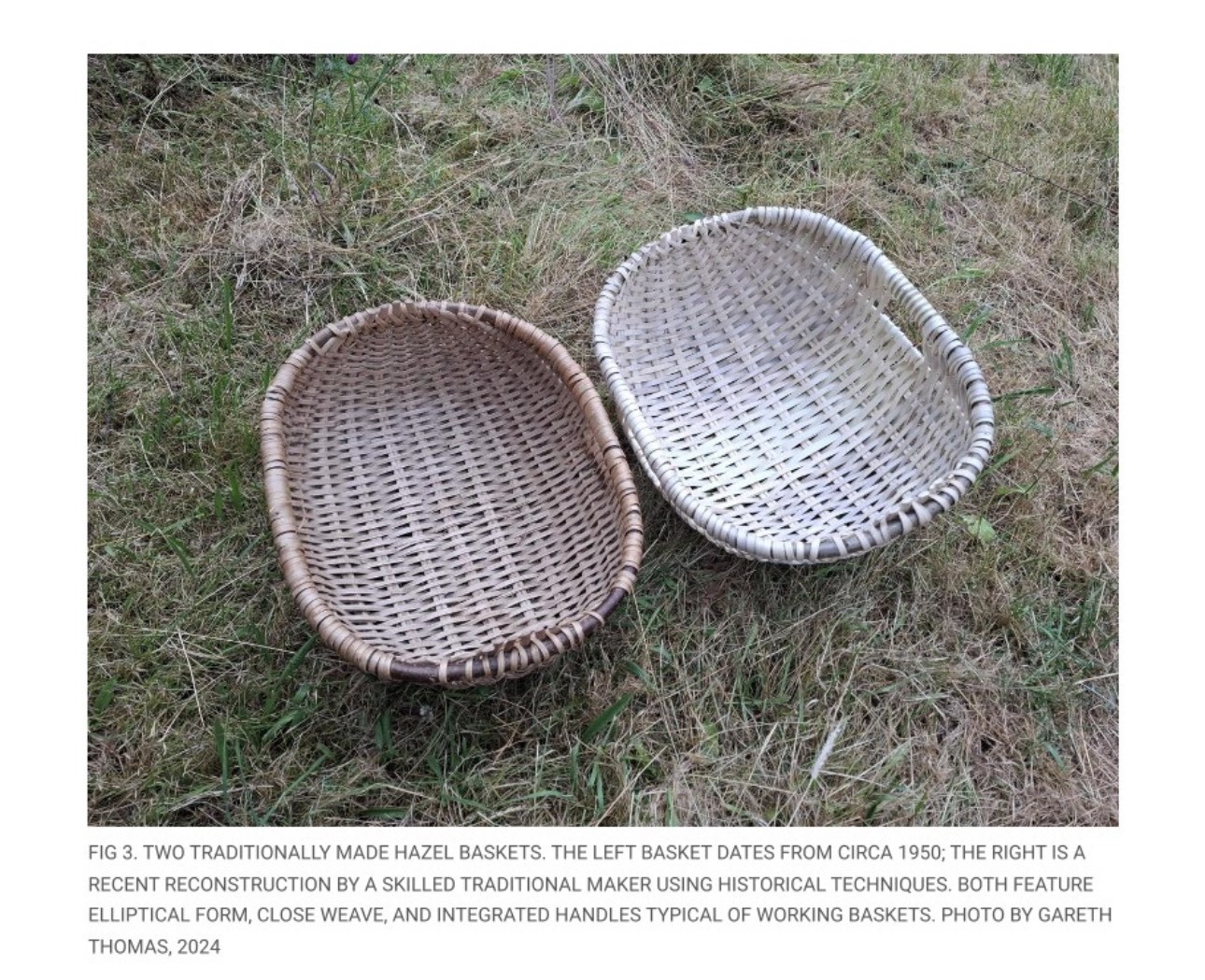
Posted in Coastal Tales News Item, News, Publications on Mar 21, 2025.

Written Evidence: The environmental and economic legacy of Wales' industrial past. Coastal Tales: Kilvey Hill (Swansea) and the Teifi as Projects of Contentious Urban Woodland and River Restoration.
By Professor Luci Attala, Nigel Robins, Professor Louise Steel and Gareth Thomas.
Summary
Our findings emphasise the importance of recognising post-industrial landscapes like Kilvey Hill and the Teifi River as both ecological and cultural treasures, with community engagement being a vital component of their continued alteration. Successful and inclusive restoration efforts must safeguard the intangible heritage of traditional users and local communities, ensuring those with generational ties to these environments remain integral to their future. Prioritising long-term ecological and social value over speculative short-term economic gains is essential to achieving meaningful and sustainable outcomes.
Further information
The UK Parliamentary Committee considering “The environmental and economic legacy of Wales’ industrial past” is examining the social, economic and environmental impact of Wales’ unique industrial heritage. The landscape of Wales has been shaped by multiple extractive and heavy industries over the past two centuries. While these are now in decline or have finished the impact on local communities continues and the government is considering how their environmental and social legacy can be negotiated in the economic environment of the 20th century.
Research being carried out by Coastal TALES into the intangible heritage of the coastal communities of south-west Wales will contribute to this discussion.
Our submission: Coastal Tales: Kilvey Hill (Swansea) and the Teifi as Projects of Contentious Urban Woodland and River Restoration was based on our fieldwork with the Camarthenshire Coraclers in 2024.
You can read the full (open-access) paper here.
This written evidence has been significantly informed by extensive fieldwork and transdisciplinary research on the UNESCO-MOST BRIDGES Coastal TALES project, of which you can read about here.
Project Lead on the UK Team, Professor Louise Steel comments “Our research in Coastal TALES’ is increasingly demonstrating the unique value of intangible cultural heritage and traditional knowledges, which can help people innovate change and adapt to environmental uncertainty.”
The paper was submitted as written evidence to Parliament by Gareth Thomas (UNESCO Community Research Lead and Executive Research Development Officer at University of Wales Trinity St David), Professor Luci Attala (Professor of Anthropology; Executive Director UNESCO MOST BRIDGES at UWTSD; UNESCO MOST BRIDGES), Nigel Robins (Geographer and Author at Ministry of Defence), and Professor Louise Steel (Professor of Archaeology UWTSD, Director of Research: UNESCO-MOST BRIDGES, PI: Coastal TALES at University of Wales Trinity St David).


